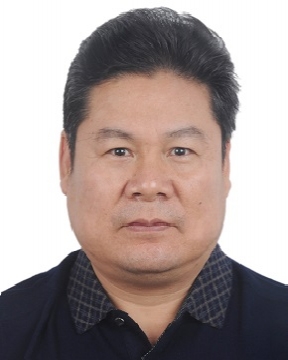
Click here to see the Chair special introduction for this symposium
SYMPOSIUM and
ROUND TABLE TOPICS
The symposium is mainly focused on, but not limited to, the field of natural polymers and industries related to their processing (food, textile, leather, paper, wood-processing, etc.). Besides valuable final products, said industries also generate large amounts of waste of different composition and quality. Due to their unique properties, sustainable processing and recycling of natural polymers remains challenging not only from the technological point of view, but also from the viewpoint of commercial application of the products. The suggested topics aim to cover a wide range of scientific approaches to get a multidisciplinary insight into the latest trends and developments in this field.
- Sustainable technologies for the recycling of natural polymer-based waste materials
- Recycling technologies for waste generated by the leather, food and textile industries
- Second generation biofuels (from waste materials)
- Control of potentially hazardous substances present in organic waste (heavy metals, dyes, resins etc.) including analytical methods of their detection and quantification
- Sustainable technologies for the processing of natural polymer-based materials, process modeling, automation and control
- New technological trends in the processing of natural polymers
- Sustainable technologies for green tannery operation and leather production
- Detailed analysis of the manufacturing systems, determination of objective functions
- Mathematical modeling of reactions and processes involved in the processing of natural polymer-based materials
- Automation and control for manufacturing and recycling technologies
- Design of control algorithms for distributed parameter systems
- Environmental Quality Program: Waste Treatment/Reduction and Analysis
- Application of products
- Application of protein hydrolysates in agriculture as fertilizers, biostimulators or resistance inducers
- Advanced organic-based materials in the building, plastics and rubber industries
- Utilization of products in animal nutrition
- Structural and functional properties and their modifications of protein-based composite materials
- Application of bio-based composites in medicine and other areas
- Other bio-based composites (packaging materials, bio-plastics, modified cellulose or other fibres in textile industry, etc.)
- Alternative sources of proteins and other natural polymeric materials
- Development of technologies for the processing of microbial biomass products as valuable sources of proteins for various applications including special human nutrition
- Research in new protein sources of plant origin (seaweed, amaranth, sorrel, lupine, etc.)
- Alternative sources of lactose, acid and sweet whey, glycerin and other valuable substances











